If you are a vegetarian, you might refuse to eat meat due to animal cruelty. But does eating bugs mean that you are no longer plant-based? Can you still be considered a vegetarian even though you eat insects? Read this article to find the answers to all your questions!
First of all, if you are also struggling to differentiate between a vegan and vegetarian, the Näak team will help you figure it out. Although people have their own reasons for turning plant-based, both veganism and vegetarianism share the commonality of not eating meat. A vegetarian doesn’t eat meat or fish but still eats eggs and/or dairy products. Meanwhile, veganism is more than just a plant-based diet; it is a lifestyle in which an individual will exclude all forms of animal exploitation (no fur, leather, animal testing, etc). In this article, we will focus on people who opt for a meat-free diet, regardless of reason or motivation.
The recent popularity of entomophagy (the practice of eating insects) has raised lots of questions, the most popular one of them being: “Can vegetarians eat bugs?” This debate has been a subject of controversy in the vegetarian community. Whether a vegetarian can eat bugs or not is a personal question since the answer will depend on the person since everyone has their own reasons to opt for a meat-free diet. For some people, their main motivation lies in environmental conservation while health reasons or animal cruelty is what leads others to becoming vegetarian. The level of a person’s devotion to vegetarianism will judge whether eating insects is allowed in their diet.
Becoming vegetarian to fight against animal cruelty
As stated earlier, becoming vegetarian is a way for many people to condemn the cruelty that meat consumption inflicts on animals. However, most scientists agree that insects do not have the ability, nor the utility, to feel pain, although the true answer is still unknown. The debate is still open ended and opinions will differ, but if it is commonly agreed that insects do not feel pain, there is no reason why an ethical vegetarian would refuse to consume bugs. If you want to learn more about whether insects feel pain, you can read this article that focuses on this topic!
Becoming vegetarian to protect the environment
Becoming plant-based is a great way to reduce your environmental footprint, which is why many individuals become vegetarian. It is no secret that the meat industry is a huge source of pollution for the planet. Luckily, insects provide a much more eco-friendly and healthy alternative. to meat. If you are not convinced or want to learn more about the environmental impact of insect farming, click here. If you are plant-based due to environmental reasons, why wouldn’t you add insects to your diet?
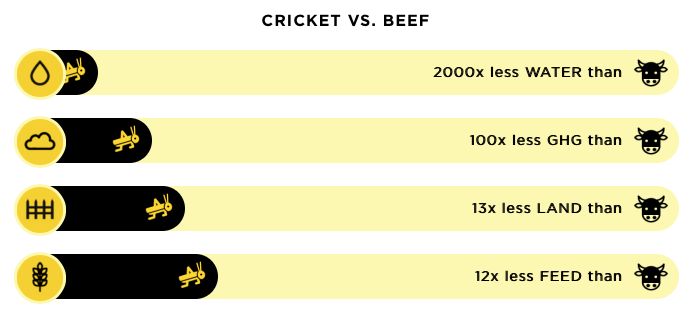
Becoming vegetarian for health reasons
For some people, turning vegetarian is a way for them to protect not only the environment but also their health. Indeed, lots of scientific studies have proven the beneficial aspects of a meat-free diet while pointing out the dangers of meat consumption on the organism. Thus, vegetarians are less likely to get certain diseases such as cancer, obesity, high blood pressure or even heart problems. If you are a vegetarian because you care about your health, why wouldn’t you add insects to your diet? Insects are an eco-friendly source of proteins and minerals. For instance, as they are very interesting both in terms of macronutrients and micronutrients, crickets are often considered as a “superfood” (rich in protein, vitamin B12…)
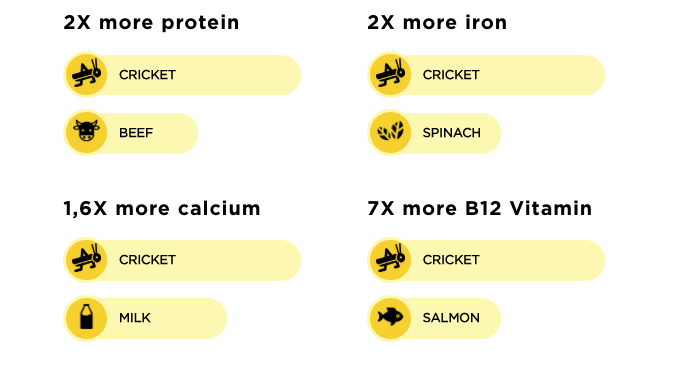
More and more people are looking beyond vegetarianism and considering entomophagy as a viable diet. This kind of diet provides many of the nutrients that vegans often lack with little environmental impact! That is why the entotarian diet, also known as entovegan, has been added to the list of diets, along with the vegan, vegetarian, pescatarian, and flexitarian diet. As a matter of fact, entomophagy is more prevalent than you think! Today, roughly 2 billion people around the world eat insects, with numbers consistently rising.
The entotarian diet, the answer to all of your questions
This unofficial term has been created from the combination of the words “entomophagy” (the practice of eating insects) and the suffix “-arian” which is the affiliation to a school or community. Quite literally, an entotarian is someone who belongs in the community of entomophagy. An entovegan is someone who abstains from eating animals with the exception of insects.
If you are a vegetarian for health, environmental, or animal cruelty reasons, eating insects fits all of these criteria. As highlighted in this article, consuming insects is more eco-friendly than meat consumption. Entoveganism also provides many of the nutrients that are often missing in the vegan diet, such as vitamin B12.
The entotarian diet is the ultimate healthy and eco-friendly diet!
If you care about your health and the environment, give the entovegan diet a try! Want to become #cricketpowered? Try our delicious cricket-based energy bars, that you can find here.



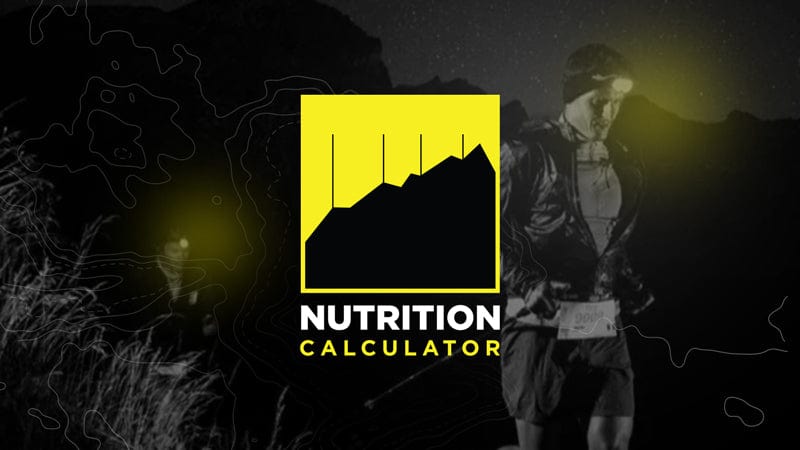







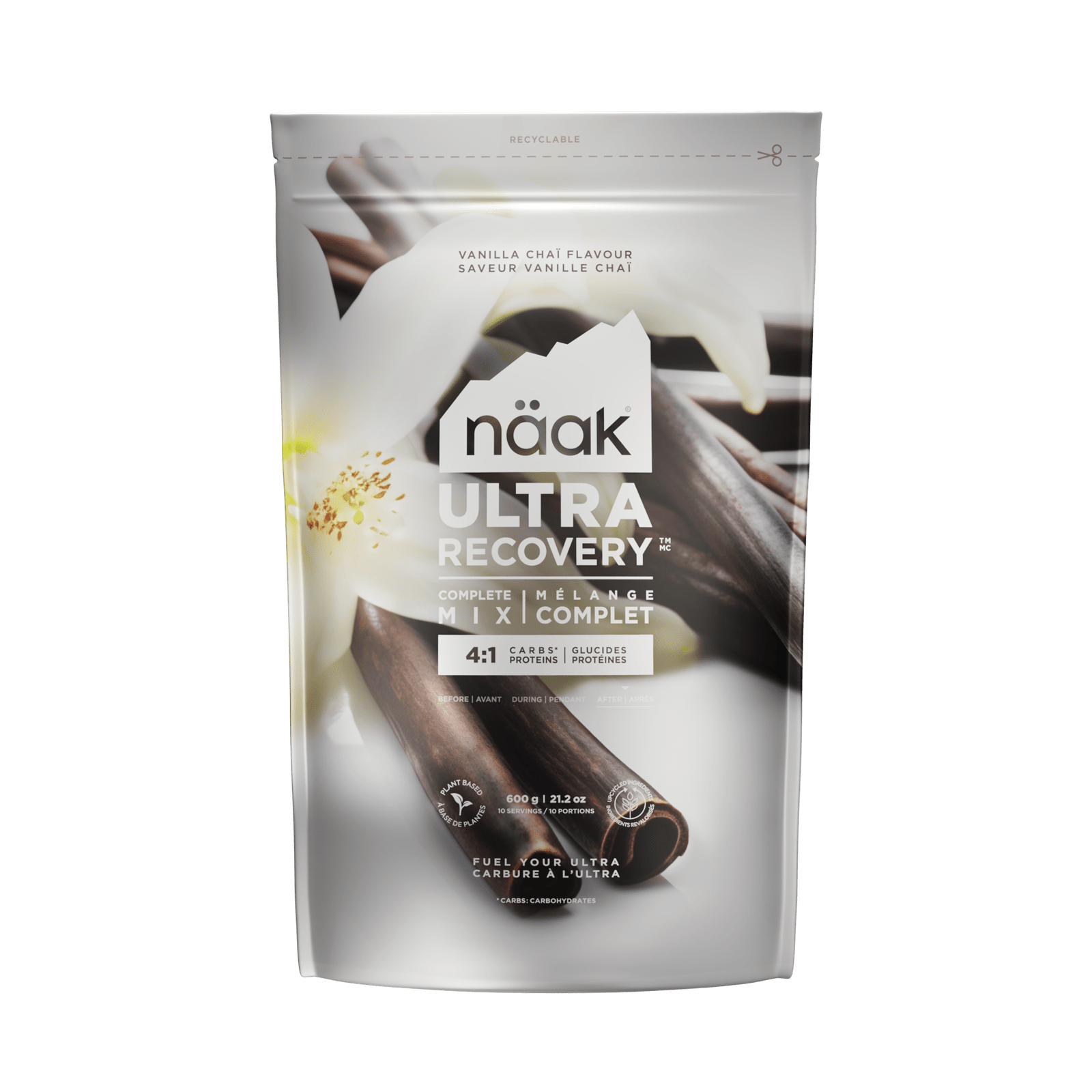

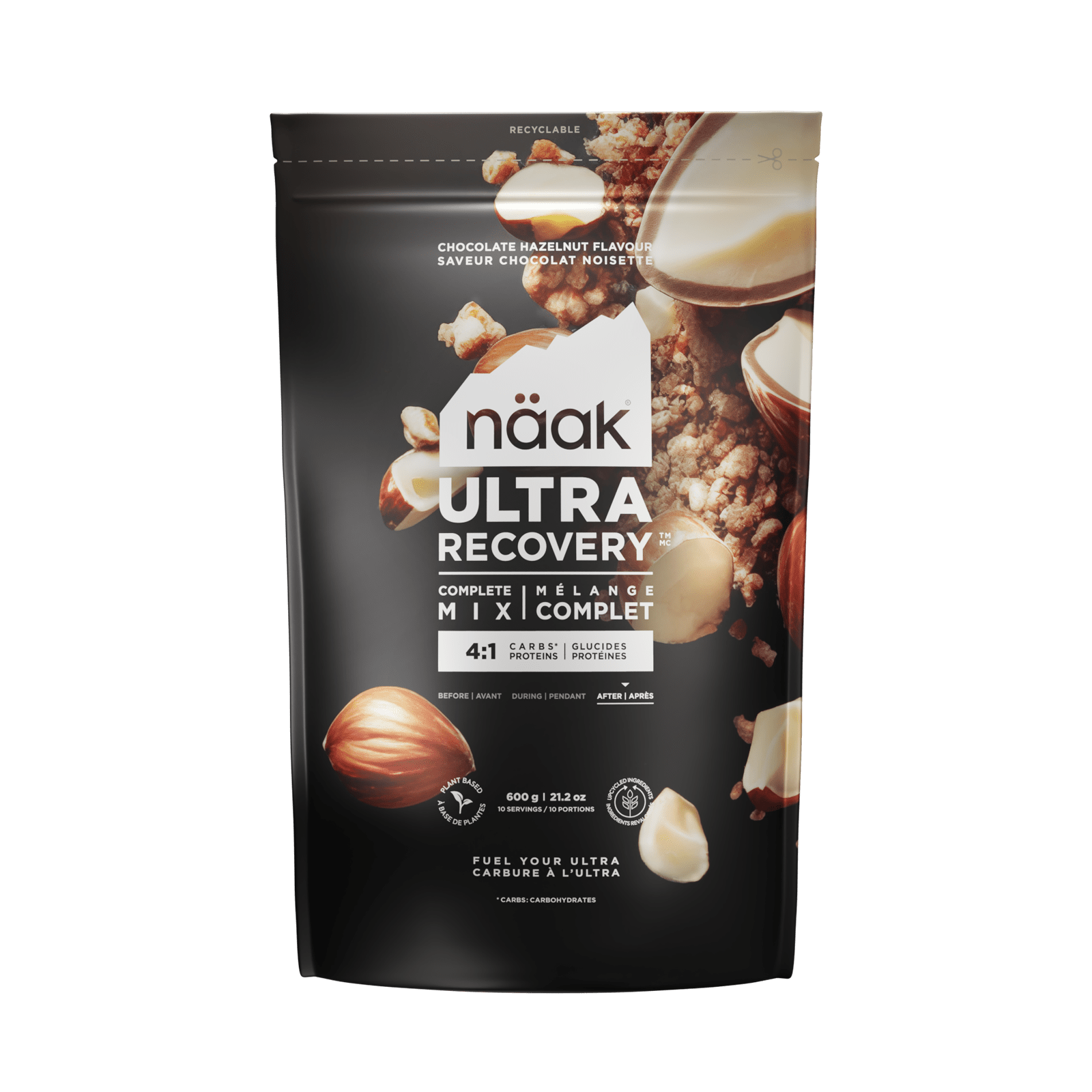

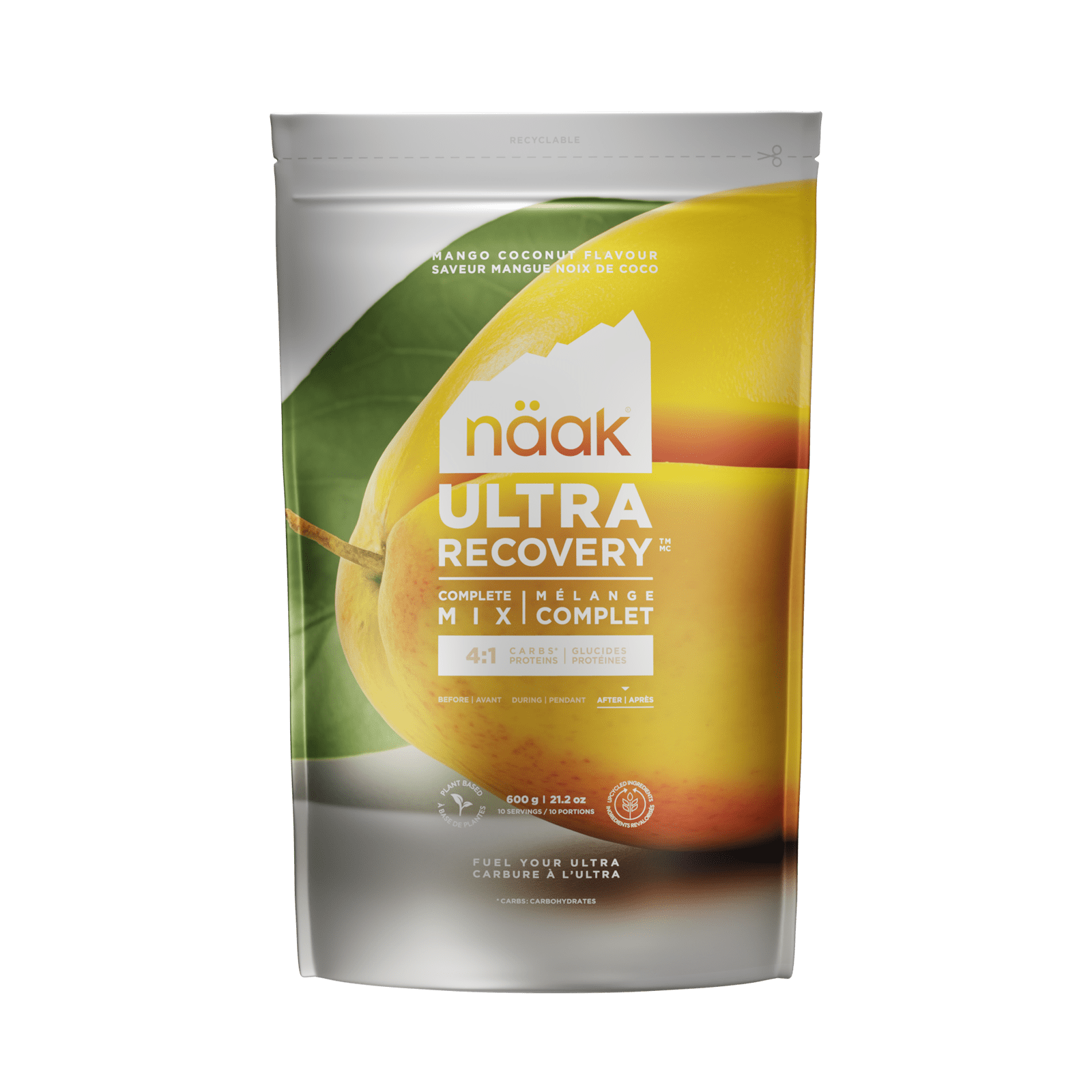

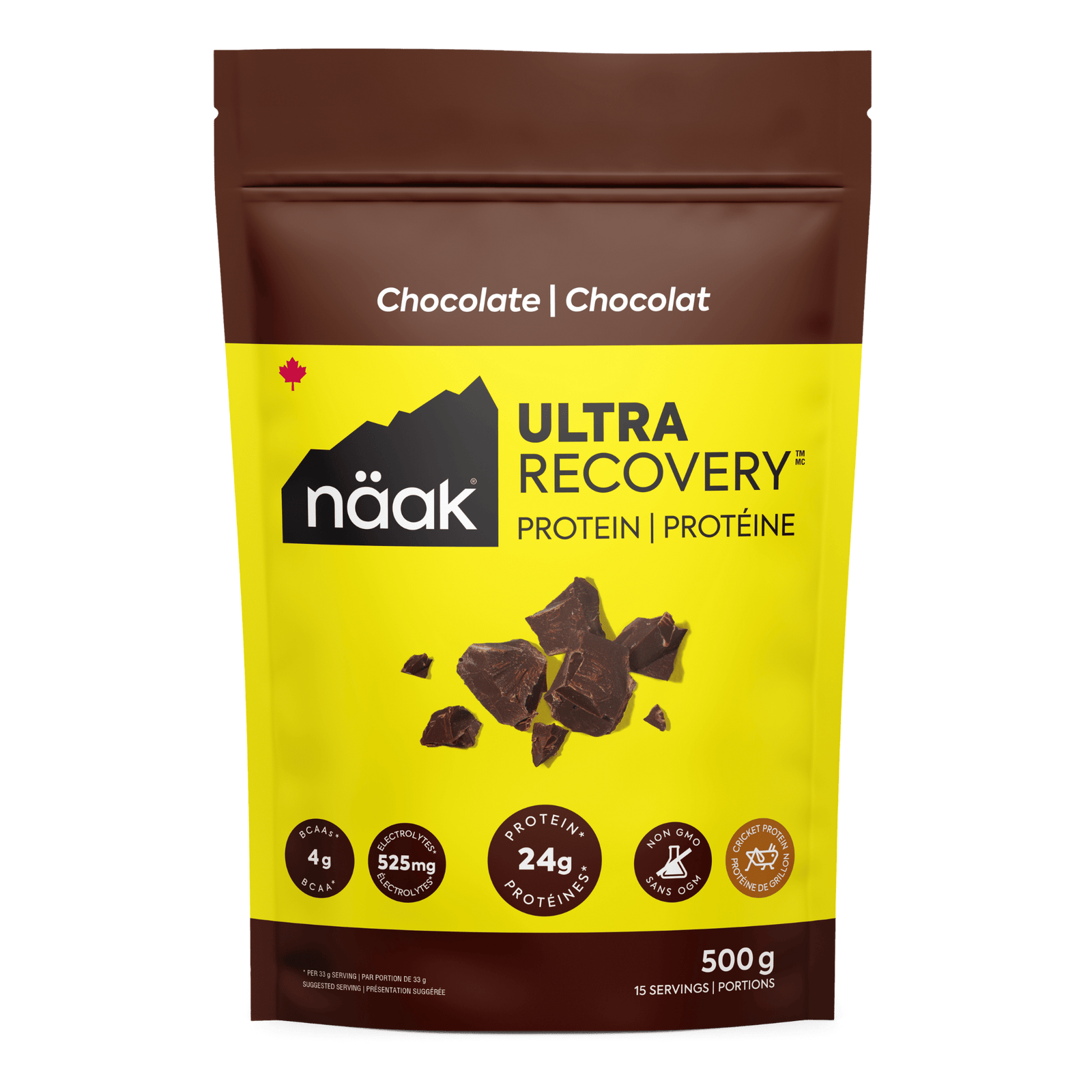
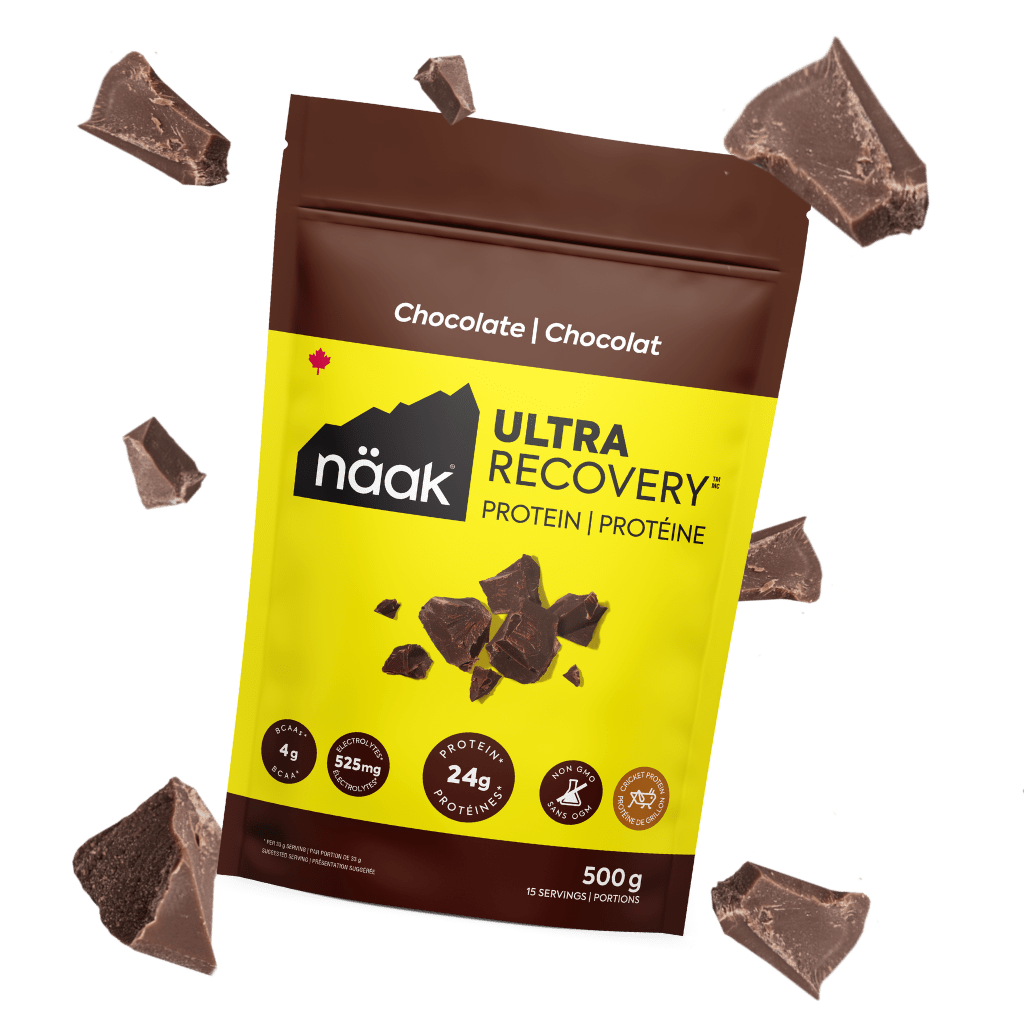

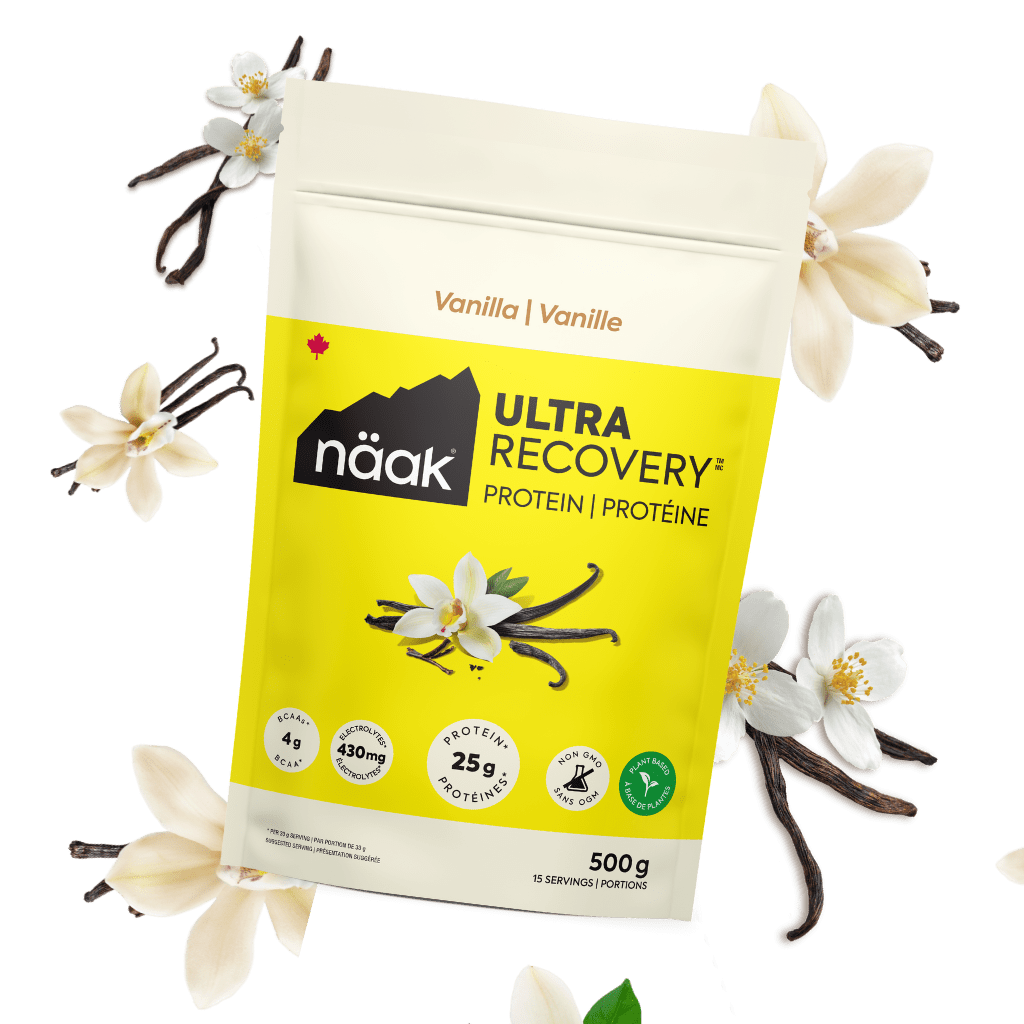

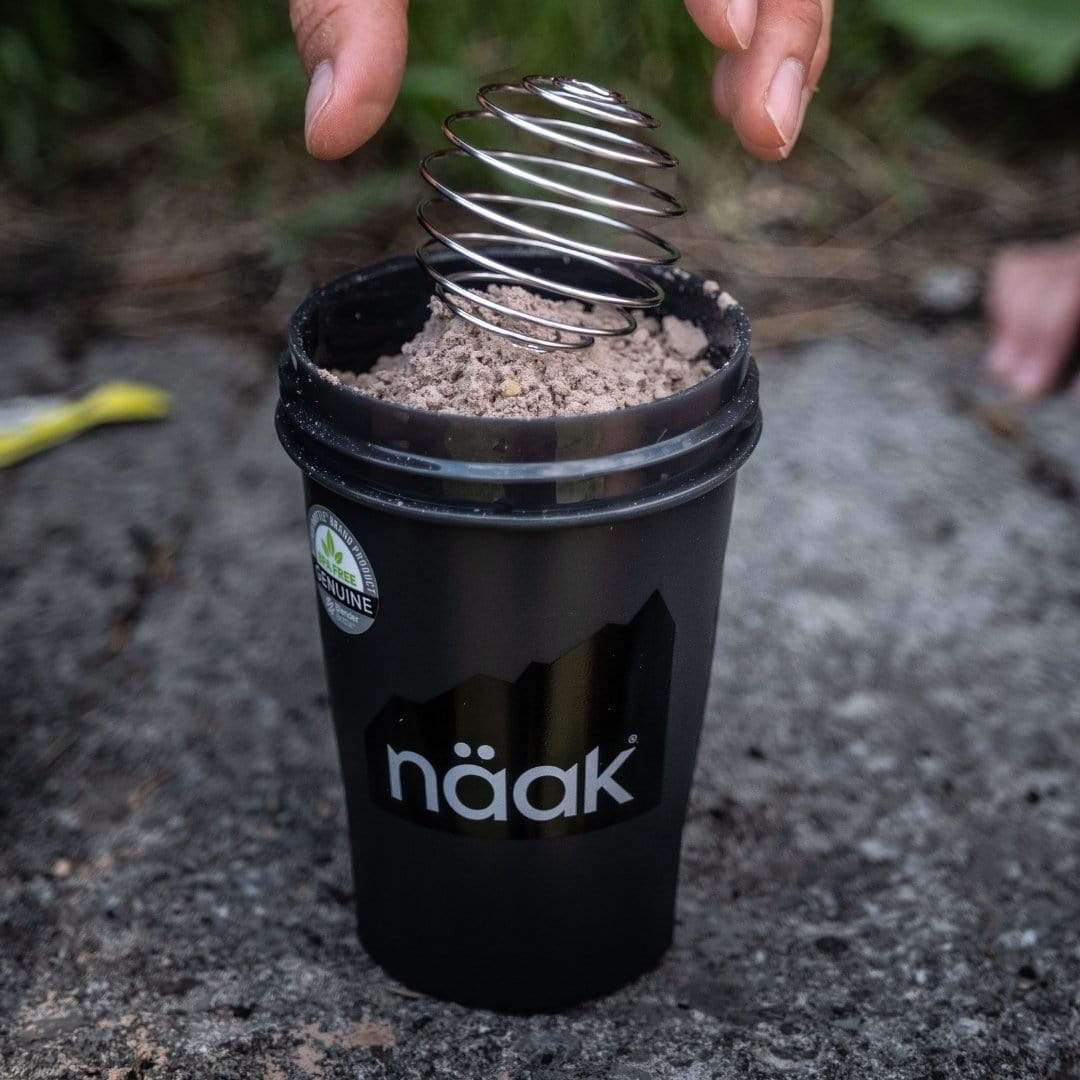
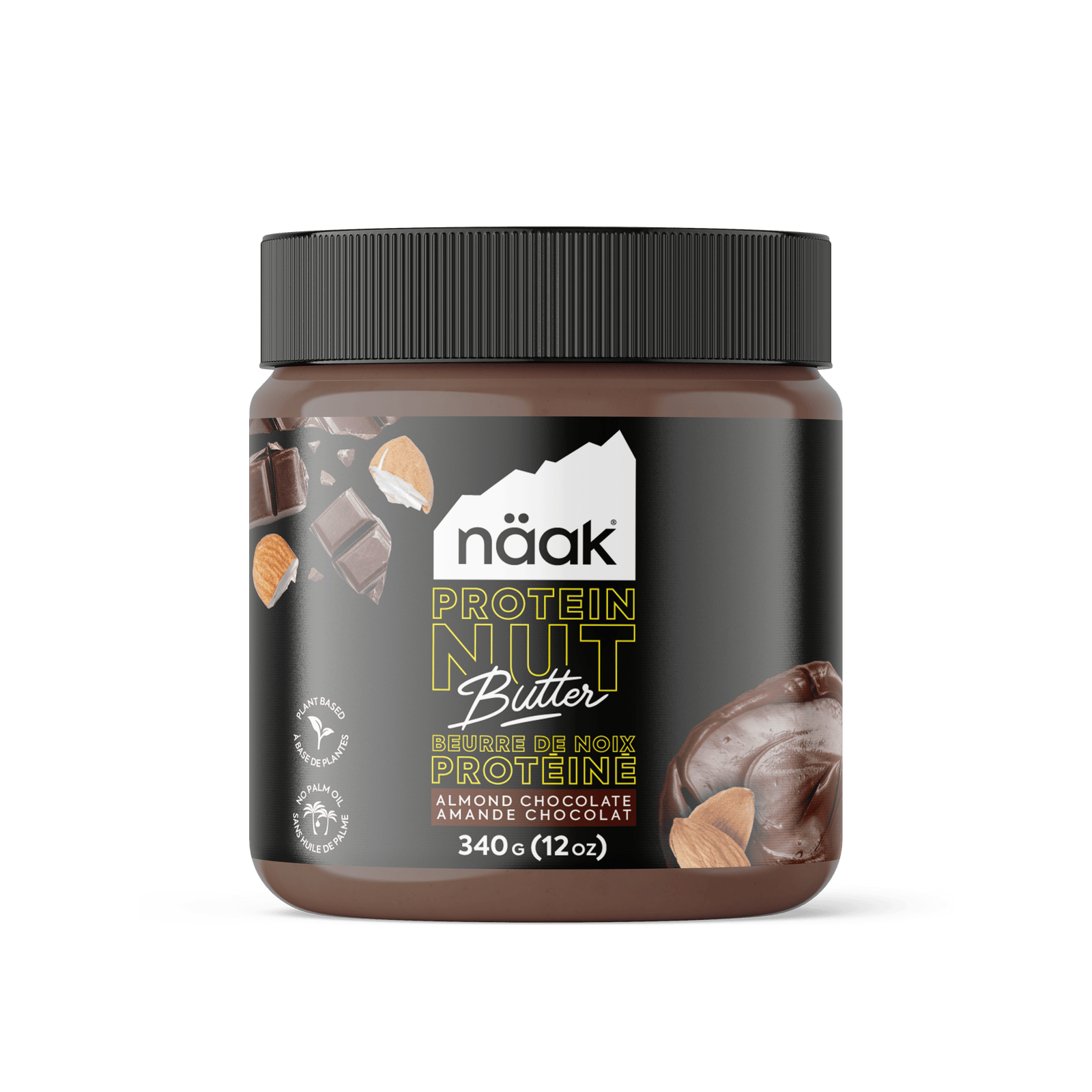
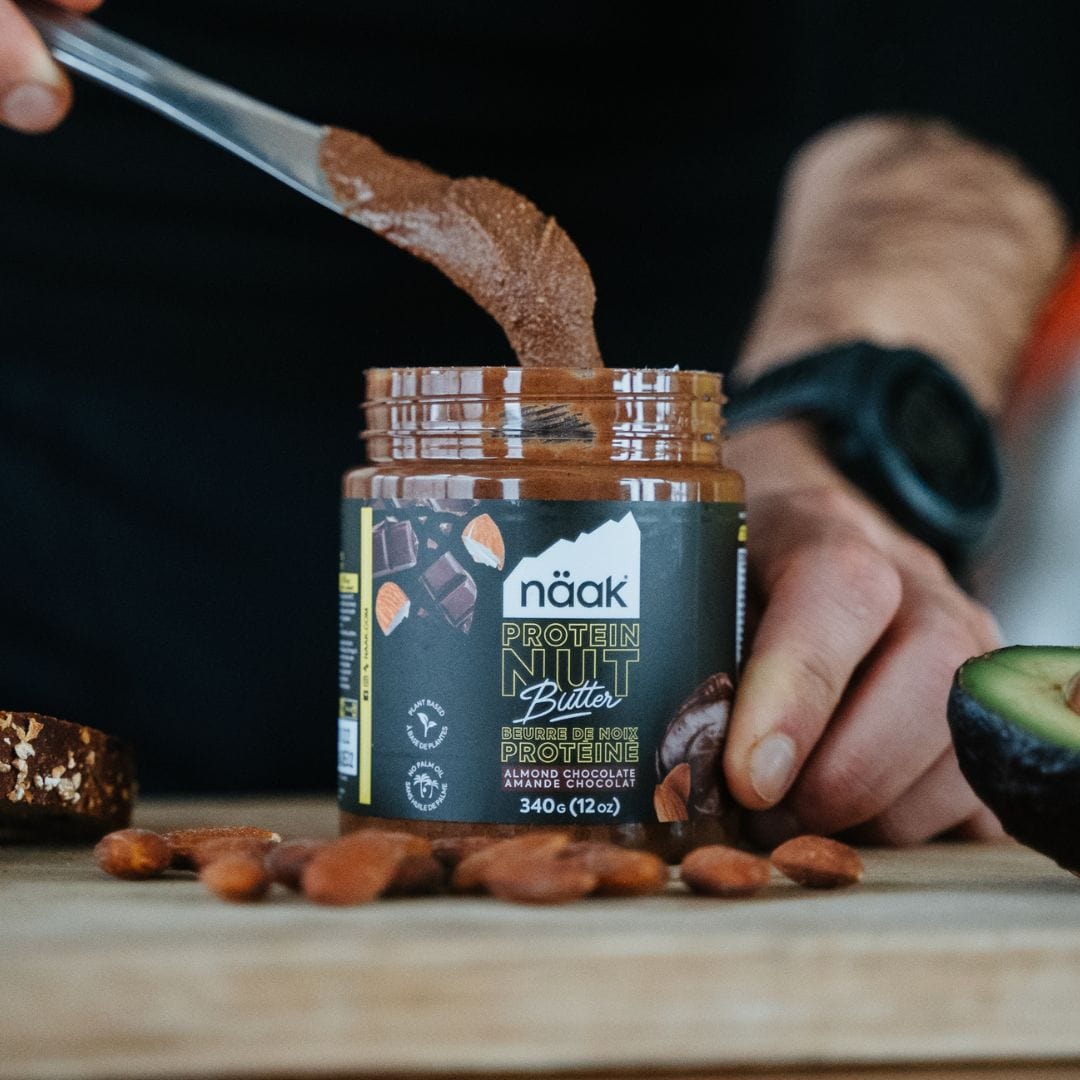


Leave a comment (all fields required)